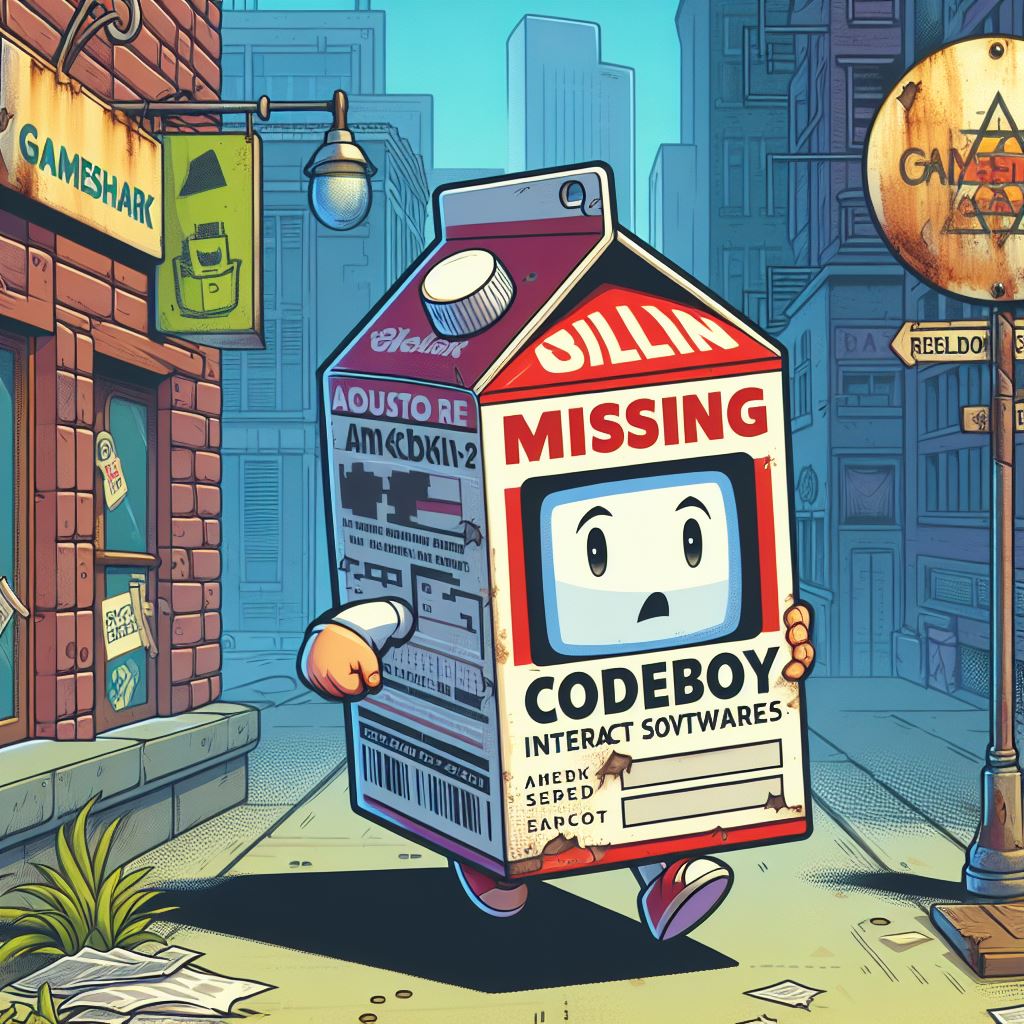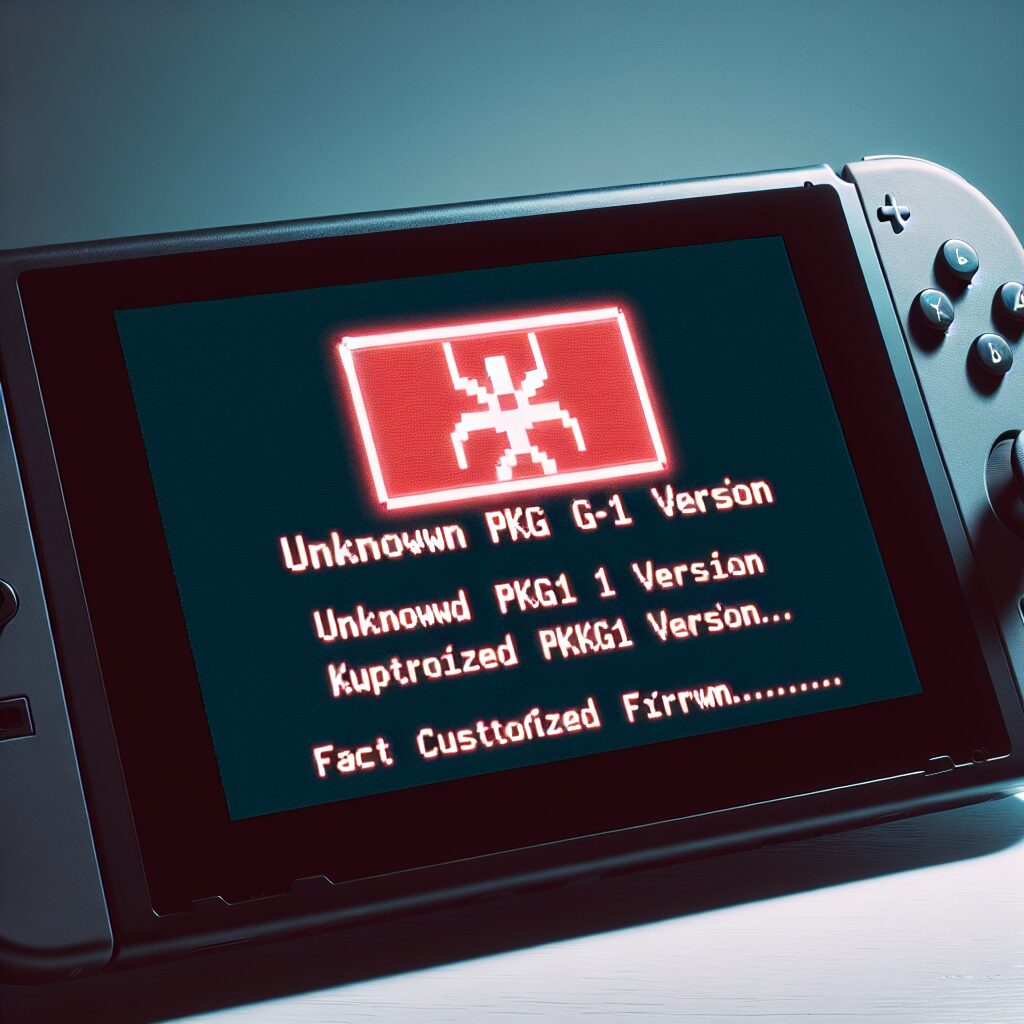Legal strategies employed by the Suyu Switch emulator developers to prevent legal action
Here’s how the makers of the “Suyu” Switch emulator plan to avoid getting sued.
In the world of gaming, emulators have always been a controversial topic. These software programs allow gamers to play console games on their computers, often without the need for the original hardware. While some see emulators as a way to preserve gaming history and make old games accessible to a wider audience, others argue that they infringe on copyright laws and harm the gaming industry. The developers behind the “Suyu” Switch emulator are well aware of these concerns, and they have implemented a range of legal strategies to prevent any potential legal action.
First and foremost, the creators of the “Suyu” emulator have taken great care to ensure that their software does not directly infringe on any copyrights. They have meticulously studied the legal landscape surrounding emulators and have made design choices that they believe will keep them on the right side of the law. By avoiding the use of any proprietary code or copyrighted materials, they aim to create a product that is legally defensible.
Furthermore, the developers have made it clear that the “Suyu” emulator is intended for use with legally obtained game files. They emphasize that users should only play games that they own and have purchased legitimately. By promoting this responsible approach, they hope to distance themselves from any accusations of facilitating piracy or copyright infringement. They firmly believe that if users respect the rights of game developers and publishers, they can enjoy the benefits of the emulator without causing harm to the industry.
To bolster their legal position, the creators of the “Suyu” emulator have also implemented a range of technical measures. These measures are designed to prevent the emulator from being used for illegal purposes. For example, they have implemented a verification system that checks the legitimacy of game files before allowing them to be played. This system ensures that only legally obtained games can be used with the emulator, further reducing the risk of copyright infringement.
In addition to these technical measures, the developers have also been proactive in engaging with the gaming community and industry. They have reached out to game developers and publishers to discuss their intentions and address any concerns. By fostering open lines of communication, they hope to build trust and demonstrate their commitment to operating within the boundaries of the law. They are confident that by being transparent and cooperative, they can avoid any unnecessary legal disputes.
Finally, the creators of the “Suyu” emulator have sought legal advice to ensure that their actions are in compliance with copyright laws. They have consulted with experts in intellectual property law to review their software and legal strategies. By taking this proactive approach, they aim to identify and address any potential legal issues before they arise. This demonstrates their confidence in their legal position and their commitment to avoiding any legal action.
In conclusion, the makers of the “Suyu” Switch emulator have implemented a range of legal strategies to prevent any potential legal action. By avoiding direct copyright infringement, promoting responsible use, implementing technical measures, engaging with the gaming community, and seeking legal advice, they are confident in their ability to operate within the boundaries of the law. While the controversy surrounding emulators may continue, the creators of the “Suyu” emulator are determined to navigate the legal landscape with confidence and ensure that their product remains a legitimate and valuable tool for gamers.
Understanding the potential copyright infringement risks associated with the Suyu Switch emulator
The world of gaming has been revolutionized by the Nintendo Switch, a portable gaming console that allows players to enjoy their favorite games on the go. However, not everyone can afford to buy this expensive device, leading to the rise of emulators that allow gamers to play Switch games on their computers. One such emulator is the “Suyu” Switch emulator, which has gained popularity among gaming enthusiasts. But with the increasing popularity of these emulators comes the risk of copyright infringement, and the makers of Suyu are well aware of this.
The creators of Suyu are confident that they have taken all the necessary precautions to avoid getting sued for copyright infringement. They understand the potential risks associated with developing an emulator that allows users to play copyrighted games without purchasing them. However, they firmly believe that their emulator falls within the boundaries of fair use.
Fair use is a legal doctrine that allows for the limited use of copyrighted material without permission from the copyright holder. The makers of Suyu argue that their emulator is simply a tool that enables users to play games they already own on a different platform. They emphasize that Suyu does not provide users with access to pirated games or encourage illegal downloading.
To further protect themselves from potential legal action, the creators of Suyu have implemented several features that distinguish their emulator from others in the market. One such feature is the requirement for users to provide proof of purchase for any game they wish to play on Suyu. This ensures that users are only playing games they have legally obtained, reducing the risk of copyright infringement.
Additionally, Suyu does not provide any means for users to download or share game files. Instead, it relies on users to transfer their legally owned game files from their Nintendo Switch consoles to their computers. This approach ensures that Suyu is not facilitating the distribution of copyrighted material and further strengthens their argument for fair use.
The creators of Suyu are also actively engaged in educating their users about the importance of respecting copyright laws. They provide clear guidelines on their website, emphasizing the need to only play games that users have purchased and to refrain from sharing or distributing copyrighted material. By promoting responsible gaming practices, they hope to mitigate any potential legal issues that may arise.
Despite their confidence in the legality of their emulator, the makers of Suyu acknowledge that there is always a risk of being sued for copyright infringement. They understand that copyright laws can be complex and subject to interpretation. However, they firmly believe that their emulator is a legitimate tool that allows gamers to enjoy their legally owned games on a different platform.
In conclusion, the creators of the Suyu Switch emulator are confident in their ability to avoid getting sued for copyright infringement. They have taken several precautions, such as requiring proof of purchase and prohibiting the downloading or sharing of game files, to ensure that their emulator falls within the boundaries of fair use. By promoting responsible gaming practices and educating their users, they hope to mitigate any potential legal risks. While there is always a possibility of legal action, the makers of Suyu firmly believe in the legitimacy of their emulator and its ability to provide gamers with a unique gaming experience.
Exploring the measures taken by the Suyu Switch emulator creators to mitigate the risk of lawsuits
The world of gaming has been revolutionized by the Nintendo Switch, a portable gaming console that allows players to enjoy their favorite games on the go. However, not everyone can afford to buy this expensive device, leading to the rise of Switch emulators. These emulators allow gamers to play Switch games on their computers or smartphones, without having to invest in the actual console. One such emulator is the “Suyu” Switch emulator, which has gained popularity among gaming enthusiasts. But with the increasing popularity of these emulators comes the risk of legal action from Nintendo, who fiercely protects their intellectual property. So, how do the creators of the “Suyu” emulator plan to avoid getting sued?
First and foremost, the creators of the “Suyu” emulator have taken great care to ensure that their product does not infringe on any copyright laws. They have meticulously studied the legal aspects of emulation and have made sure that their emulator falls within the boundaries of what is considered legal. By doing so, they aim to avoid any legal disputes with Nintendo and other game developers.
To further mitigate the risk of lawsuits, the creators of the “Suyu” emulator have implemented various measures to protect themselves. One of these measures is the use of open-source code. By making their code open-source, they allow other developers to review and contribute to the project. This not only helps in improving the emulator but also adds a layer of transparency that can help in avoiding legal issues. By involving the community, the creators of the “Suyu” emulator hope to gain support and understanding from both gamers and developers alike.
Another important step taken by the creators of the “Suyu” emulator is the inclusion of a disclaimer. This disclaimer clearly states that the emulator is intended for educational and research purposes only. By emphasizing the educational aspect, the creators aim to establish a legitimate reason for the existence of the emulator. They believe that by positioning the “Suyu” emulator as a tool for learning and experimentation, they can avoid being seen as a threat to the gaming industry.
Furthermore, the creators of the “Suyu” emulator have made it a point to not include any copyrighted material within their emulator. They have developed a system that allows users to legally acquire their own game files and play them on the emulator. By not providing any copyrighted content themselves, they hope to distance themselves from any legal issues that may arise.
In addition to these measures, the creators of the “Suyu” emulator have also established a strong online presence. They actively engage with the gaming community, addressing concerns and providing updates on the development of the emulator. By being transparent and responsive, they aim to build trust and credibility among gamers and developers, which can be crucial in avoiding legal disputes.
While the creators of the “Suyu” emulator are confident in their approach, it is important to note that the legality of emulators is still a gray area. Nintendo and other game developers have been known to take legal action against emulator creators in the past. However, the creators of the “Suyu” emulator believe that by taking these measures and staying within the boundaries of the law, they can minimize the risk of lawsuits.
In conclusion, the creators of the “Suyu” Switch emulator have implemented various measures to mitigate the risk of legal action. By ensuring that their emulator falls within the boundaries of what is considered legal, using open-source code, including a disclaimer, not including copyrighted material, and establishing a strong online presence, they aim to avoid getting sued. While the legality of emulators remains a contentious issue, the creators of the “Suyu” emulator are confident in their approach and believe that they can continue to provide gamers with a unique gaming experience without facing legal repercussions.






